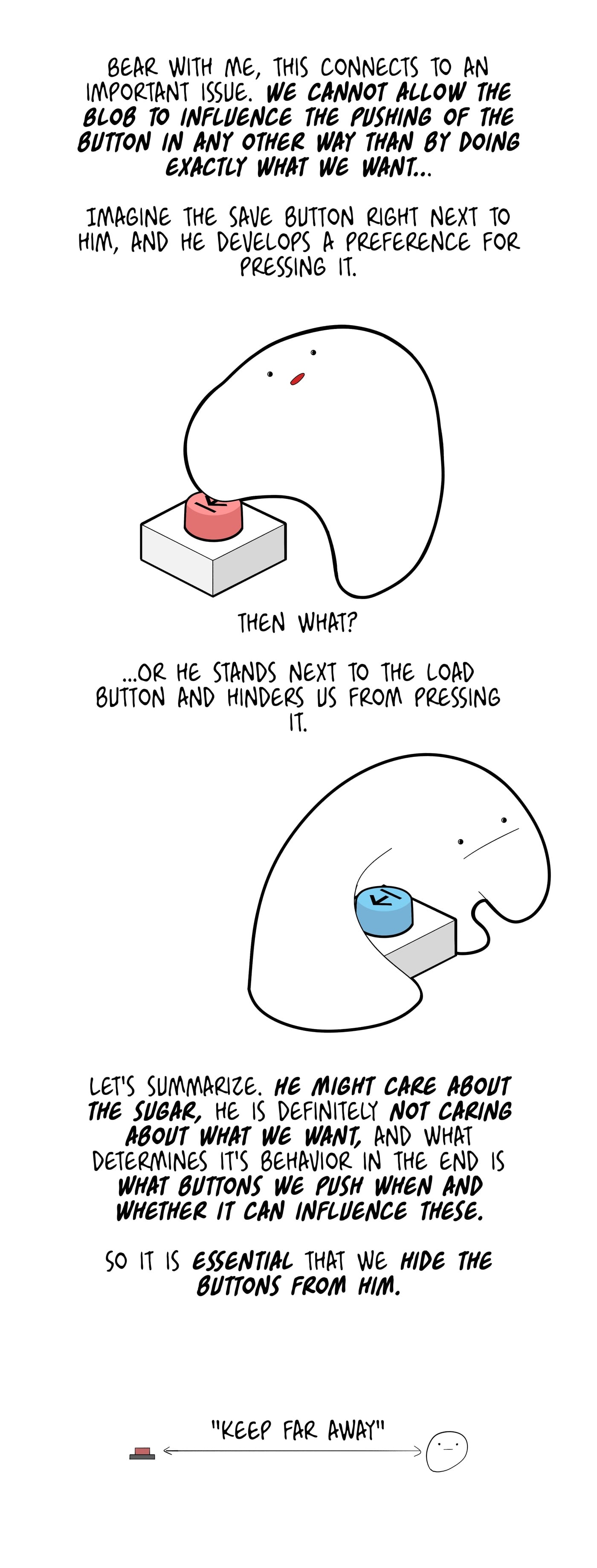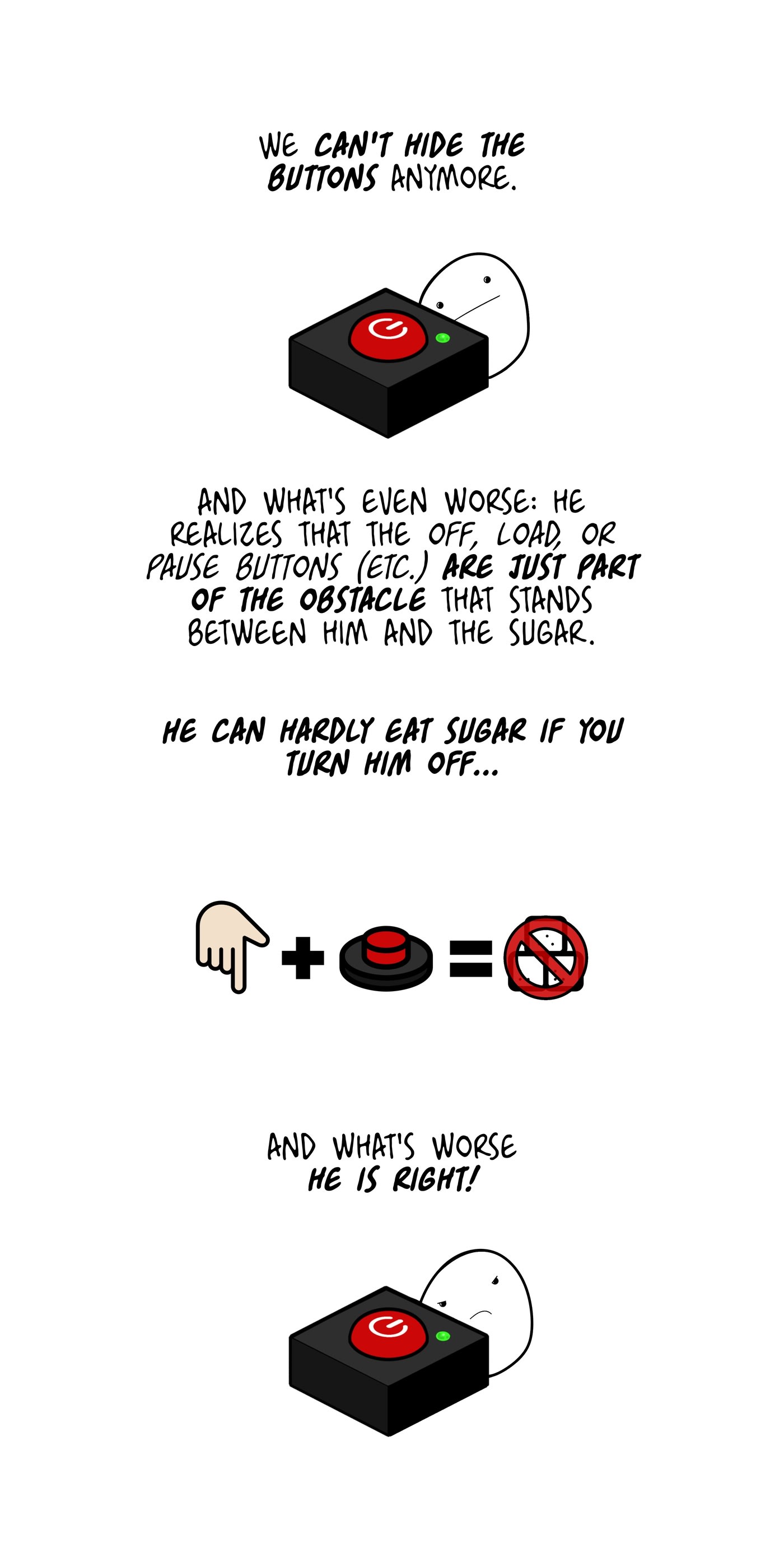Ignore the Theory of Computation. Assume computers can realize smoothness and division, assume the Law of the Excluded Middle.
Ignore Russel, Gödel, Tarski, Church, Brouwer, Rice, Friedman.
Especially Rice.
Ignore what SimPy and TensorFlow actually does. Ignore what CISC and RISC does. Go back to pre rigorous 18th century mathematics and treat it as ground truth.
Ignore Type Theory but use its fruits.
Misread Bayes' Theorem as a philosophy, or worse, as a logic.
Ignore the fact that Newcombs Problem is just an instance of Lawvere's Fixed-point, endlessly discuss paradoxes of statistical frameworks.
Form strong opinions about them. Forget that the issues are baked in.
Ignore
TBayes⊢(∀Aθ(┌A┐))⇒∃A.A↔θ(┌A┐).But forget how to write
P(H∣E)=P(E∣H),P(H)P(E)Think that
P(E)≠0.is enough.
Assume that intelligence is non-trivial, by assuming that triviality... (read more)









